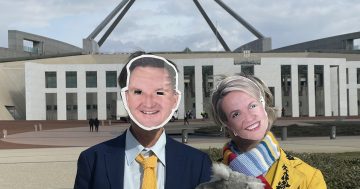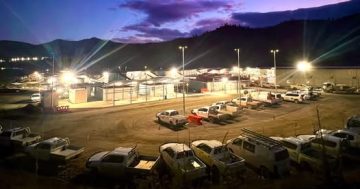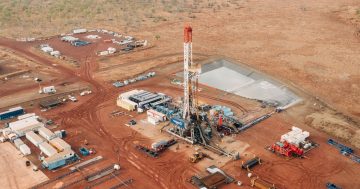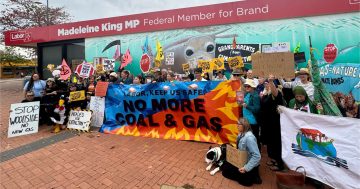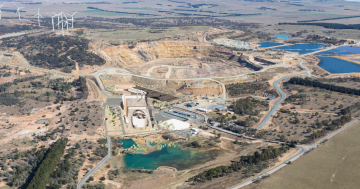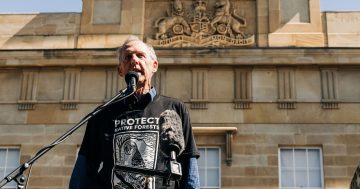 The release of Irish State papers from 1990 have shown that the country’s top Public Servant was strongly opposed to the establishment of a new environmental watchdog body favoured by the then Taoiseach (Prime Minister), Charles Haughey.
The release of Irish State papers from 1990 have shown that the country’s top Public Servant was strongly opposed to the establishment of a new environmental watchdog body favoured by the then Taoiseach (Prime Minister), Charles Haughey.
The papers, released for the first time under the 30-year rule, show Secretary-General of the Department of the Taoiseach, Dermot Nally resisted the establishment of the Environmental Protection Agency (EPA) in the face of strong support for the creation of the new body by Mr Haughey and Minister for the Environment, Padraig Flynn.
In a letter to the Taoiseach, Mr Nally (pictured) said the legislation establishing the EPA was “objectionable” and the new watchdog body would be a “massive addition to bureaucracy”.
He also argued that the EPA would act as a disincentive for foreign direct investment in Ireland.
“Environmental protection is a worthy objective. If, however, it is allowed to become obsessional, then development will stop,” Mr Nally said.
“We can forget about more employment since the factories and firms and services which give that employment will not set up or expand — for ‘environmental’ reasons,” he said.
Mr Nally claimed developers already had to go through an excruciating series of hoops to acquire title to a land, get planning permission and observe building regulations as well as dealing with tribunals on equality, unfair dismissal and health and safety.
“There is evidence to suggest that what attracts investment to a country is not grants or specific incentives but the general level of regulation,” he said.
The senior Public Servant enjoyed some support from Minister of Finance, Albert Reynolds who claimed the EPA’s proposed staffing levels of 133 were “completely unacceptable” at a time when the Government was trying to reduce the size of the Public Service.
A memo from the Department of the Environment justified the need for the new Agency because the environment in Ireland was “coming under increasing pressure from development”.
It claimed many Local Authorities around the country did not have either the financial resources or the expertise to deal with more complex pollution issues.
Dublin, 8 January 2022


